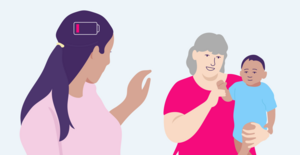Low self-esteem significantly influences how individuals view themselves, affecting their mental health, relationships, and overall quality of life. Rooted in negative thoughts and past experiences, it can lead to persistent feelings of inadequacy and self-doubt. Therapy offers effective strategies to challenge these harmful beliefs, fostering self-confidence and emotional resilience.
Through professional support, individuals can rebuild their self-worth by addressing underlying issues and developing healthier thought patterns. Therapy not only promotes healing but also empowers people to navigate challenges with greater confidence, leading to more fulfilling relationships, improved mental health, and a renewed sense of purpose in life.
What is low self-esteem?
Low self-esteem is characterized by persistent negative self-perceptions and feelings of inadequacy. According to the National Health Service (NHS), individuals with low self-esteem often view themselves as unworthy, unlovable, or inferior to others. This can lead to behaviors like avoiding challenges, perfectionism, or being overly self-critical. Over time, these patterns can significantly affect a person’s quality of life.
Self-esteem is influenced by many factors, including past experiences, societal expectations, and personal beliefs. While occasional self-doubt is normal, chronic low self-esteem can result in negative mental health outcomes, such as anxiety, depression, or social withdrawal. Recognizing and addressing these issues is crucial for regaining a healthy sense of self-worth.




